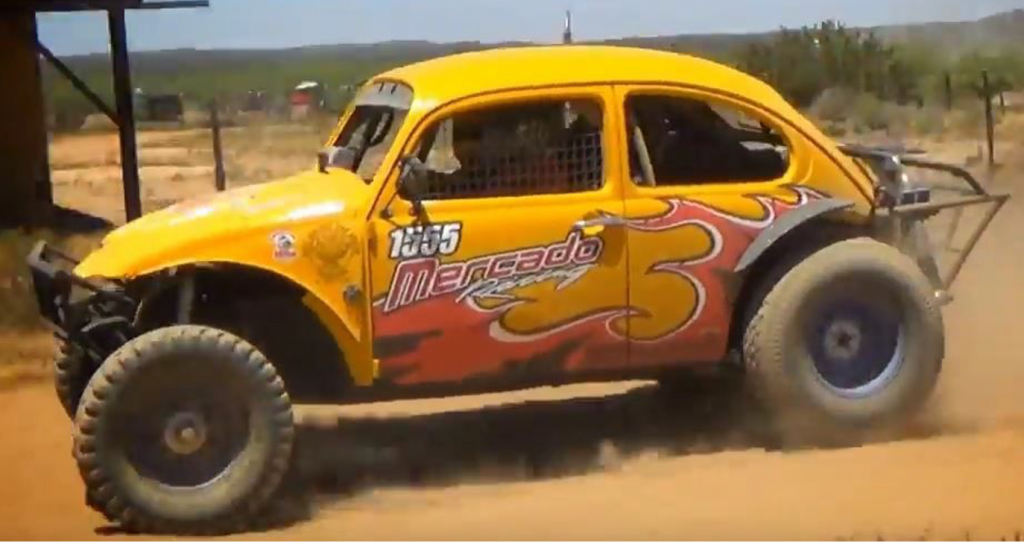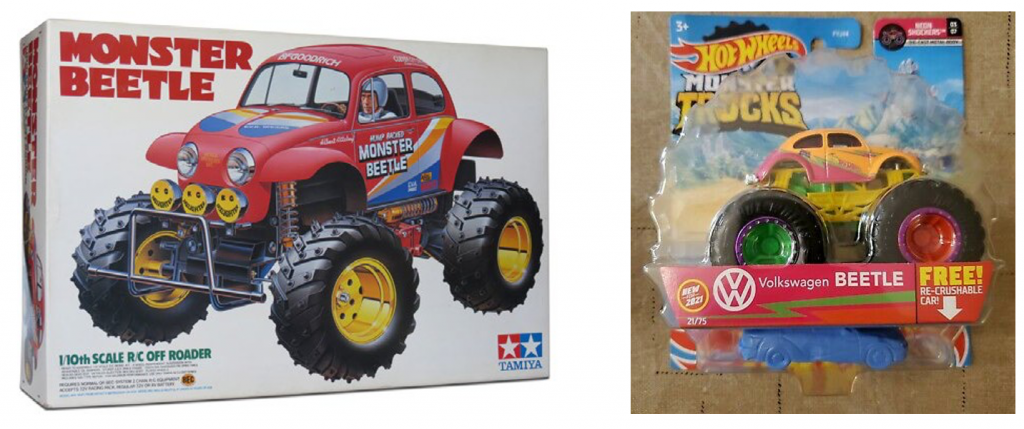
Specialty Equipment Market Association
Att: Stuart Gosswein, Sr. Dir. Government Affairs
Via Email Only
RE: Recognizing the Protection of Motorsports Act HR3128/S736
Dear Mr. Gosswein:
Please accept this correspondence as the vigorous support of the above Organizations with regard to the Recognizing the Protection of Motorsports Act. (“The RPM Act”). Prior to addressing our support for the RPM Act, we believe a brief summary of each Organization is needed. Prior to addressing the specific concerns, we believe a brief summary of each Organization is needed. The Colorado Off-Highway Vehicle Coalition (“COHVCO”) is a grassroots advocacy organization of approximately 2,500 members seeking to represent, assist, educate, and empower all OHV recreationists in the protection and promotion of off-highway motorized recreation throughout Colorado. COHVCO is an environmental organization that advocates and promotes the responsible use and conservation of our public lands and natural resources to preserve their aesthetic and recreational qualities for future generations. The TPA is an advocacy organization created to be a viable partner to public lands managers, working with the United States Forest Service (USFS) and the Bureau of Land Management (BLM) to preserve the sport of motorized trail riding and multiple-use recreation. The TPA acts as an advocate for the sport and takes the necessary action to ensure that the USFS and BLM allocate a fair and equitable percentage of public lands access to diverse multiple-use trail recreational opportunities. Colorado Snowmobile Association (“CSA”) was founded in 1970 to unite winter motorized recreationists across the state to enjoy their passion. CSA has also become the voice of organized snowmobiling seeking to advance, promote and preserve the sport of snowmobiling through work with Federal and state land management agencies and local, state and federal legislators telling the truth about our sport. Collectively, TPA, CSA and COHVCO will be referred to as “The Organizations” for purposes of these comments.
The Organizations vigorously support the RPM Act as the clarity of this Proposal is badly needed for all persons who race motor vehicles off road for reasons outside competing for large cash purses. These intangible benefits are benefits that are often overlooked. We are hoping that with these comments, these intangible benefits of the RPM Act to our members will be understood and protected as well. Many of our members are actively involved in the hobby level of racing and simply lack the resources to obtain a custom-built dedicated race vehicle that would currently be outside the scope of the Clean Air Act. Rather they have taken a vehicle that was once designed for street use and made significant alterations to the vehicle to create a competition only vehicle that may only be driven 20 or 30 miles per year. For many in the off-road community simply getting to the end of the race is the competition, and often speed is simply not part of the competition, as competitors are happy to move on to the competition occurring next week without significant repairs being necessary.
The modifications of what was once a street legal motor vehicle for this type of off-road racing commonly includes heavy body alterations, larger tires and wheels, construction of extensive roll cages and seatbelt systems and long travel suspensions to tackle off road obstacles. Often these modifications require modifications on many other systems on the vehicle such as moving airboxes for the installation of roll cages or moving exhaust systems to accommodate long travel suspension on the vehicle. As most vehicles will simply not run well with any significant alteration of the emissions system, emissions systems are replaced in ways that allow the system to function but also allow room to avoid roll cages, seats and larger tires and axles. While these alterations are necessary for competition usage, they often make the vehicle less than desirable for on road use and these vehicles are simply transported on trailers. These vehicles are modified to become permanently and exclusively an off-road vehicle as these modifications alter the very nature of the vehicle. These vehicles are never returned to the road but often are transported to the recycling yard after their competition life is over. These alterations also would be in violation of a strict application of current versions of the Clean Air Act.
While the mileage placed on the vehicle may be small, their values transcend financial benefits as most competitors at this level never make a dime. These vehicles are transported distances and competitions are for small amounts of funds, that often never justify the time and money that has been spent on the vehicle. Often these vehicles and their usage are the focal point of long evenings in garages across the country where the project is worked on by fathers and sons and strengthen family bonds. These types of projects also often develop lifelong friendships and just get kids outside and away from phones and computers.
These social benefits are increased by the fact that what is being raced might have been a vehicle that was once associated with getting the groceries for the family, and often the more unique the vehicle is that is being used for competition simply adds to the enjoyment of the experience. While jeeps or other vehicles are most commonly modified, there are a huge number of vehicles used for these types of competition. As an example, it goes without saying that people will remember highly modified Volkswagen beetle climbing over rocks that are commonly the size of most people’s backyard shed or racing through the desert, such as exemplified in the photo below.

The memorable nature of these types of activities has driven these types of vehicles to be memorialized by makers of miniature model cars, such as Hot Wheels or Matchbox.

The memories that are created from the development of such unusual competition vehicles based on what was once a road legal vehicle is a hugely valuable benefits to our members that simply cannot be quantified.
The Organizations are also aware that the use of a vehicle that was once street legal as a competition vehicle provides significant benefit for these types of users as they have a VIN number and title for the vehicle. While these are resources that are often only associated with on road usage, they have important benefits for the competition community as they are commonly understood indications of ownership. This proof of ownership allows for easy proof of ownership, if there ever was a question and allows easy transfer of these vehicles between competitors.
We are concerned that these benefits to our members could be lost with overly strict application of Clean Air Act provisions to these competition vehicles. We submit that the RPM Act resolves these concerns and recognizes these important values and also recognizes that these types of vehicles simply are not major polluters as they are a very small number of vehicles and are only driven a small number of miles every year.
Please feel free to contact Scott Jones at 518-281-5810 or via email at scott.jones46@yahoo.com if you should wish to discuss these matters further. You may also contact Chad Hixon, TPA’s Executive Director at (719)221-8329 and his email is chad@coloradotpa.org .
Respectfully Submitted,
Scott Jones, Esq.
CSA & COHVCO Authorized Representative
Chad Hixon
Executive Director – TPA
Marcus Trusty
President – CORE
